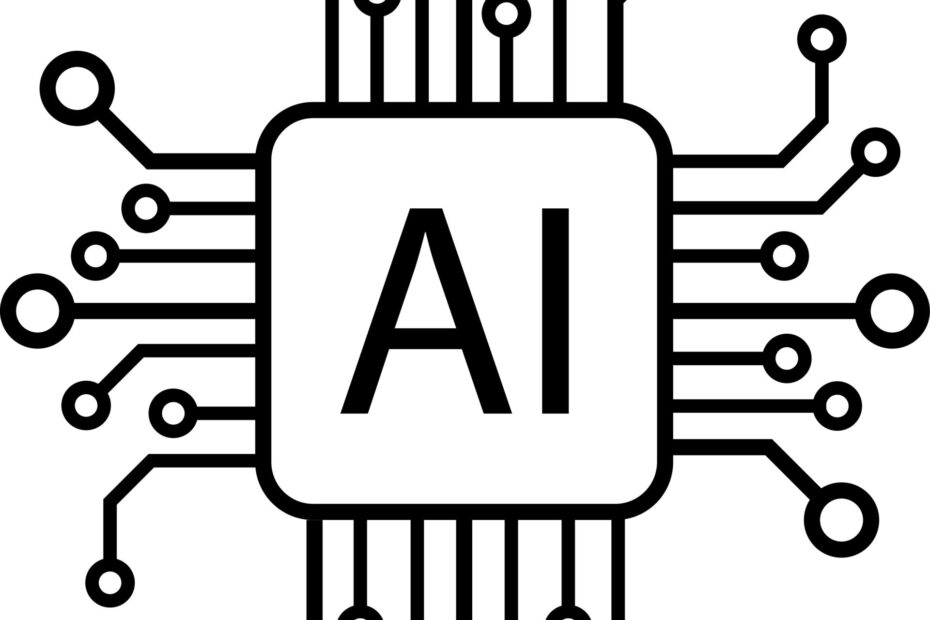On April 11, 2019 the ERLC (Ethics and Religious Liberty Commission) of the Southern Baptist Convention released its “Artificial Intelligence: An Evangelical Statement of Principles” The statement’s preamble began with these words:
As followers of Christ, we are called to engage the world around us with the unchanging gospel message of hope and reconciliation. Tools like technology are able to aid us in this pursuit. We know they can also be designed and used in ways that dishonor God and devalue our fellow image-bearers. Evangelical Christians hold fast to the inerrant and infallible Word of God, which states that every human being is made in God’s image and thus has infinite value and worth in the eyes of their Creator. This message dictates how we view God, ourselves, and the tools that God has given us the ability to create.
In light of existential questions posed anew by the emergent technology of artificial intelligence (AI), we affirm that God has given us wisdom to approach these issues in light of Scripture and the gospel message. Christians must not fear the future or any technological development because we know that God is, above all, sovereign over history, and that nothing will ever supplant the image of God in which human beings are created. We recognize that AI will allow us to achieve unprecedented possibilities, while acknowledging the potential risks posed by AI if used without wisdom and care.
We desire to equip the church to proactively engage the field of AI, rather than responding to these issues after they have already affected our communities. In light of this desire and hope, we offer the following affirmations and denials about the nature of humanity, the promise of technology, and the hope for the future.
In the four-plus years since the articulation of these principles, Artificial intelligence has been actively utilized in Christian outreach and mission. It is being employed in:
- Audience segmentation
- Automated content design feedback
- Automated translation
- Building courses, training curricula
- Chatbots for answering queries
- Context recommendation
- Ideation for brainstorming
- Image recognition for content tagging
- Predictive analytics for outreach and ad campaigns
- Sentiment analysis
- Social media trend analysis
- Topic extraction
- Video analytics
AI has also been used for internal mission organization and administration. Specific applications now include:
- Content summarization/stylization
- Donor segmentation
- Personalized email campaigns
- Preparing for live Q & A in training events
- Assistance with qualitative research coding
- Preparing for board meetings, answering donor questions
Finally, it is useful for personal applications, such as
- Creating resumes (employment CVs)
- Crafting personalized messages to family and friends
- Preparing for job interviews
- Stimulating/inspiring feeling through poetry and music
There have been moments in history when the church opposed the developments of its scientists and creative thinkers. Recall the imprisonment of Galileo for supporting the Copernican view that the Earth revolved around the sun. Remember, too, those moments when the Church’s creative impulses shaped not only the prevailing culture but artistic streams for subsequent decades and even centuries. Which of us has not been moved by the creative genius of Bach and Handel? Can we be open to be similarly inspired by the output of learned machines?
